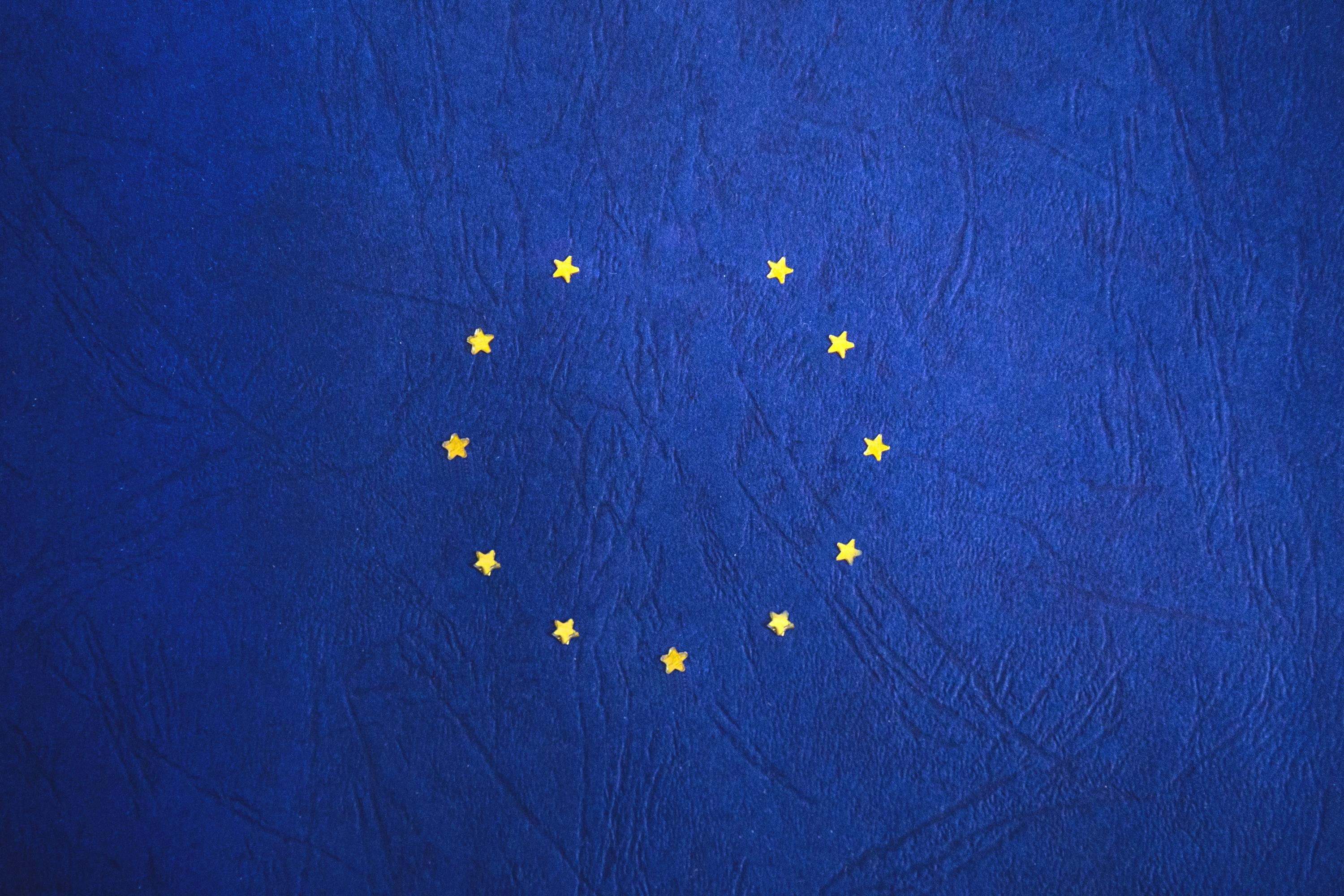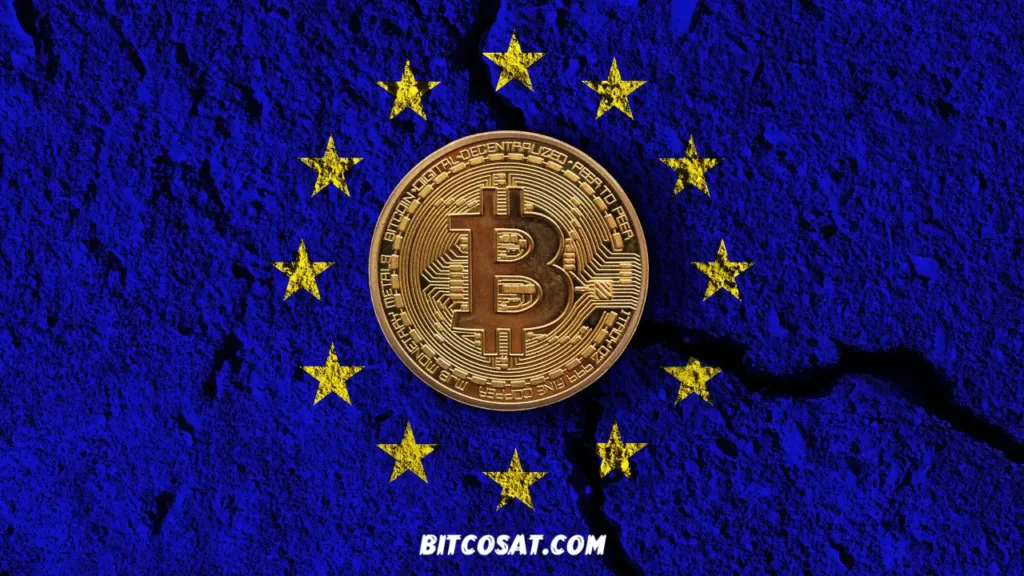The European Union is witnessing a heated debate about the future of crypto regulation, with efforts to strengthen investor protection and unify oversight opposing concerns about stifling technological innovation.
French digital expert Farid Tamsani, professor of economics and economic intelligence consultant, believes that the ongoing debate within the European Union regarding The future of crypto regulation reveals a dual conflict: between the desire to protect investors and enhance confidence in the markets, and the need to prevent stifling technological innovation led by startups.
According to the French newspaper Le Monde, this controversy came after a joint call by major financial authorities in France, Italy, and Austria to unify oversight of the crypto sector under the direct supervision of ESMA.
“This move could be a turning point in the future of the crypto industry in Europe,” Tamsani said, explaining that the real challenge lies in striking a balance between protecting investors from untrusted platforms and ensuring that Europe remains an attractive environment for financial and technological innovation.

He added, “If Brussels over-restricts, Europe could lose out to the United States and Asia, where crypto is seen as a strategic sector.”
Tamsani emphasized that the ideal solution is Smart Regulation based on strict central European oversight of major platforms, while offering greater flexibility to startups so that development and research are not harmed.
He explained that “assigning supervision directly to ESMA is a logical step towards standardization,” but at the same time warned of the risk of centralized bureaucracy if national authorities are not involved in the decision-making process.
He pointed out that the solution lies in adopting strict regulations for major players who manage billions, while allowing relative flexibility for startups. He emphasized that this dual model protects investors and does not stifle innovation.
The French digital expert believes that excessive stringency will push innovation to migrate to Silicon Valley or Asia, where the environment is more flexible. He noted that Europe has the opportunity to become a golden region for financial technology if it combines protection and flexibility.
He added, “It’s difficult to completely control giants like Binance and Coinbase, but the EU has a powerful lever. If these platforms want to enter the European market, they must adhere to the rules.”
Tamsani emphasized that the priority now is to unify implementation standards across member states, noting that dealing with stablecoins and DeFi must be more clearly defined, as they pose the greatest challenge.
He continued, “Europe has the opportunity to become a global benchmark for regulating cryptodigital currencie, but if bureaucracy dominates decisions, it will lag behind the United States and Asia and become a consumer rather than an innovator.”

This debate comes less than a year after the MiCA (Markets in Crypto Assets) regulation came into effect in December 2024, which imposed stricter rules on crypto service providers, sparking growing demands to amend its enforcement mechanisms.
In a joint statement issued on September 15, 2025, the AMF, along with its Italian counterparts Consob and Austrian counterparts FMA, emphasized the need to ensure more effective oversight of crypto markets, which would enhance the competitiveness of European companies while protecting investor rights.
Although the MiCA regulation grants accredited providers a European passport to operate in all EU countries after obtaining a license from any member state, the three bodies noted significant discrepancies in implementation between national authorities.
These bodies warned that if this flaw is not fixed, they may be forced to take precautionary measures to protect local investors. They also called for ESMA to directly supervise major crypto platforms and establish a single window for submitting applications for listing new cryptocurrencies.
Le Monde explained that this primarily refers to giant platforms outside the European Union, such as Binance and Coinbase, which still control a significant portion of the European market.
In this context, Marie-Anne Barbat-Layani, president of the French Financial Markets Authority, told the newspaper: “I am convinced that when it comes to regulating the major players, there must be a single pilot. It is logical that ESMA should be that pilot.”
She added that the current system does not provide sufficient guarantees regarding the way licensing is granted in Europe, which reinforces the need for a more stringent framework.
